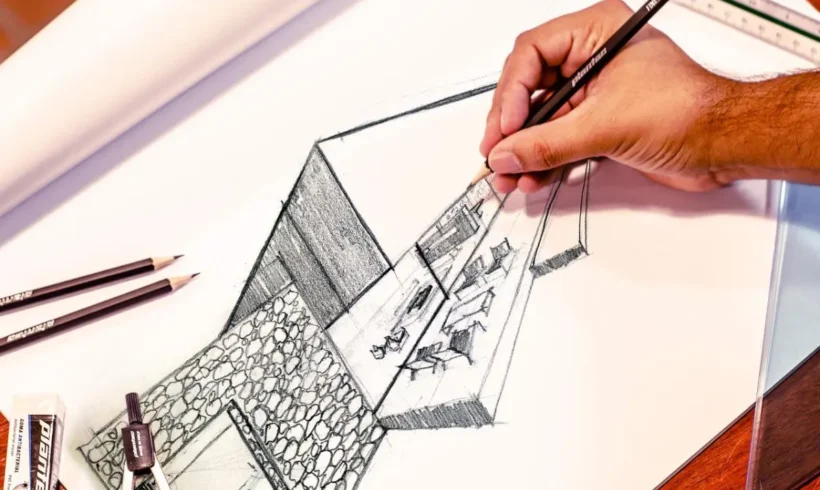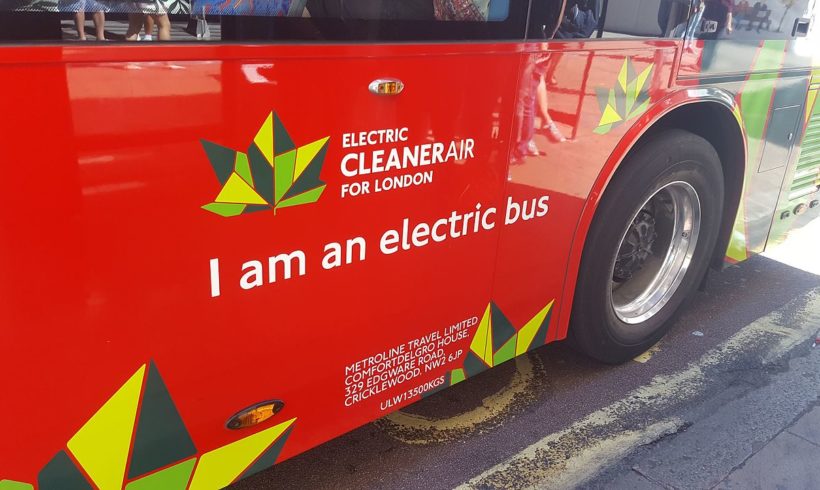By Peter Ayoola Leaders in Energy’s (LE) 9th annual Green Jobs Forum was held virtually on September 22, 2022. LE’s Executive Director, Janine Finnell, welcomed attendees...
Archive for category: green infrastructure

Designing for Net-Zero: How Architecture Influences Energy Demand
By Anna Haefele When it comes to energy efficient buildings, what often comes to mind are active design components like modern appliances, LED lightbulbs, electric vehicle...

America Has More Than Enough Renewable Resources to Meet All of Its Energy Needs, Says Report
By Jenna McGuire Renewable technologies are also becoming more advanced, while costs are plummeting. The United States has the resources and technology to shift away...

Tips and Tricks for Clean Green Business Operations
By MIRIAM ACZEL The power of collective environmental action should not be a surprise when it comes to promoting the transition to a cleaner, greener planet....

Amsterdam: Towards an Environmental Paradise?
By MIRIAM ACZEL The Dutch capital Amsterdam is widely known for being a bicyclist’s paradise. Biking safety levels are the highest in the world—in stark...

From Plastic to Fantastic: Promoting the Circular Economy in Cambodia
By DEBRA ACZEL and MIRIAM ACZEL Our plastics problem is BIG and growing A landmark study that measured global production, use and ultimate disposition of plastics found that we’ve...

Is Climate Change a Security Issue?
There is a significant yet still under-researched connection between climate change and security-related risks. The frequency of extreme weather events, including flooding, severe droughts and other associated impacts of global warming are contributing to the reduction of crop yields, diminishing water resources, and ultimately impacting human livelihood. In some cases, these events have contributed to the migration of ‘climate refugees’ in order to meet their basic human needs, including access to water, food, electricity, and shelter. As a result, climate change is increasingly entering the policy arena as a significant security issue.

Defense Authorization Bill Includes Provisions on Modernizing Energy Infrastructure and Enhancing Resilience
In a visit to Fort Drum on August 13, President Trump signed into law the John S. McCain National Defense Authorization Act for Fiscal Year 2019 (P.L. 115-232), or NDAA. The new law includes key provisions on energy infrastructure modernization, resilience, and climate change preparation in the interest of national security.

How 3 Cities Are Navigating the Transition to Electric Buses
As today’s urban areas house more than half the world’s population and produce more than 80 percent of global economic activity, cities are uniquely positioned to deliver sustainable solutions. However, poor local air quality and issues related to global climate change are negatively impacting the lives of millions. Promising solutions exist – cities are increasingly turning to low- and zero-emission buses to decrease environmental impacts while creating economic, environmental and health benefits, for example. Transitioning bus fleets to clean technologies can also improve quality of service and reduce costs in the long run. So why aren’t all cities closing the curtain on diesel-fueled fleets and transitioning to electric?
To better understand this question and evaluate the barriers that cities face when taking on electric buses, the Financing Sustainable Cities Initiative interviewed three experts in three different cities going through the process, each with the objective of improving quality of life for residents and their urban environment.
Sustainable Facilities Embrace the Circular Economy
By TRAVIS HIGH, Strategy Manager, Leaders in Energy As the world’s second-largest emitter of greenhouse gases and the largest economy, the U.S. plays an important...
- 1
- 2


